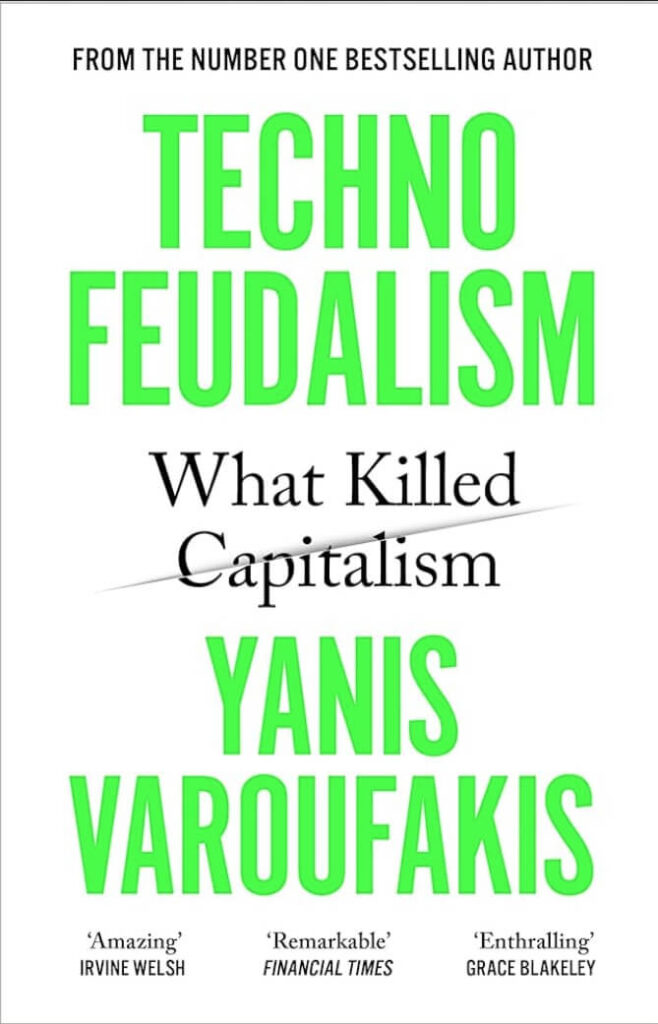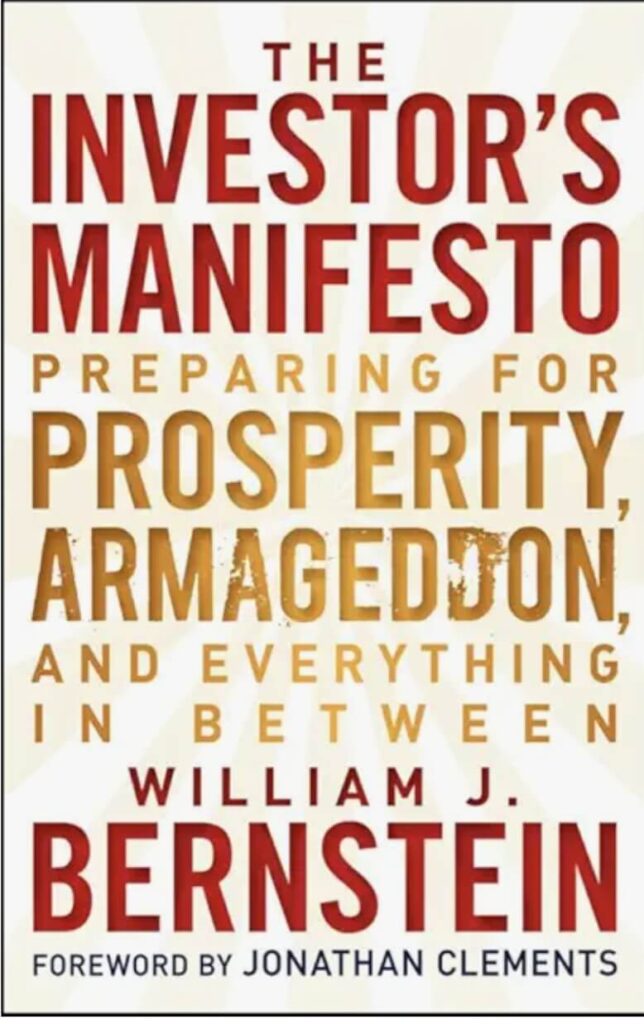If you’re a DIY investor, odds are you’ve been trained to think in capitalist terms — markets, profits, competition, value creation. But what if capitalism, as we know it, is already obsolete? That’s the explosive claim at the heart of Yanis Varoufakis’s Technofeudalism: What Killed Capitalism. And while it might sound academic or dramatic at first glance, this book could fundamentally reshape how you think about your investments, the economy, and your role in it.
Whether you trade stocks, build ETF portfolios, or speculate in crypto, Technofeudalism offers a critical — and unsettling — lens through which to view the financial world.
💡 The Big Idea: Capitalism Has Died — Long Live the Tech Lords
Varoufakis’s central thesis is radical but clearly argued: we no longer live in capitalism. Instead, we’ve entered a new system where Big Tech platforms function like digital feudal lords. Instead of extracting profit through competitive markets, they extract rents by owning and controlling the digital infrastructure of life.
DIY investors should care because this changes the rules of the game. If you’re betting on traditional free-market logic, you may be operating in a fantasy. This book pushes you to ask: Am I investing in innovation, or in digital monopolies that stifle it?
🏰 Key Concepts That Matter to Investors
⦁ Platform Power Over Market Dynamics
In traditional capitalism, companies compete to offer better products at better prices. But in technofeudalism, Amazon, Google, Facebook, and Apple don’t compete — they dominate. They control access to the market itself. For investors, this means many of the biggest market cap firms don’t win through innovation anymore, but through control of infrastructure.
⦁ Rent-Seeking Over Value Creation
Feudal landlords didn’t innovate — they taxed. Today’s tech giants do something similar, extracting value from every transaction, data point, and interaction. For DIY investors, this raises a question: Are you supporting productive enterprise or investing in tollbooths?
⦁ Users as Serfs, Not Consumers
We don’t buy and sell in markets. We interact inside walled gardens controlled by algorithms. From e-commerce to social media to cloud computing, we are tenants, not free agents. This shapes demand, access to capital, and innovation itself — all crucial factors for investors.
⦁ States as Vassals
Varoufakis argues that governments are not sovereign regulators but dependents of the new tech aristocracy. That’s why antitrust enforcement is so weak and tax regulation so ineffective — and why Big Tech stock continues to rise despite growing backlash.
🧠 How This Changes Your Investment Outlook
DIY investors often rely on familiar models — discounted cash flow, competitive analysis, sector rotation. But if Varoufakis is right, those tools are backward-looking. In a feudal system, value isn’t created through open competition. It’s claimed through gatekeeping.
Understanding this shift can:
⦁ Explain why some tech stocks behave like utilities
⦁ Warn you about the limits of traditional valuation models
⦁ Help you recognize emerging monopolies before they’re priced in
⦁ Encourage you to invest in open-source, decentralized, or ethical alternatives
📚 Style and Structure: Dense But Digestible
Varoufakis writes with urgency and flair. While the concepts are heavy, the language is sharp, clear, and often witty. He blends economics, history, politics, and tech analysis in a way that feels fresh — if occasionally polemical.
The book doesn’t have chapters labeled for “investors,” but almost every section raises questions about power, profit, and market dynamics that smart investors should pay attention to.
⚠️ Challenges and Controversies
⦁ Is It Really Feudalism? Some critics argue that Varoufakis overreaches with the term. But even if you think “technocracy” or “neocapitalism” would be more accurate, his analysis of how platforms extract value remains powerful.
⦁ Solutions Are Vague: The diagnosis is compelling, but the proposed alternatives — digital commonwealths, data cooperatives — are underdeveloped. Still, for investors, this opens the door to spotting new disruptors.
🌍 Why This Book Is Crucial Right Now
From AI to blockchain to climate fintech, the future of investing will be shaped by how we manage — or fail to manage — platform power. With regulators starting to push back and digital rights movements gaining traction, investors need to understand the structural dynamics shaping tomorrow’s markets.
Varoufakis helps you do just that.
✅ Why DIY Investors Should Read This Book
⦁ It redefines how to think about “value” in the digital age
⦁ It challenges you to consider the ethics behind your investment choices
⦁ It sharpens your lens for identifying true innovation vs. rent-seeking
⦁ It offers a rare macroeconomic view of tech dominance
💬 What Readers Say
“Mind-blowing reframing of Big Tech’s rise.” — Many see this book as a wake-up call.
“Essential reading for understanding digital capitalism.” — Even if you don’t agree with everything, you’ll come away thinking differently.
“Changed how I invest in tech entirely.” — Some readers say the book made them reconsider FAANG exposure or explore more ethical investing.
📈 Final Verdict: ★★★★★ (5/5)
Technofeudalism is one of the most important books a DIY investor can read right now — not for trading tips, but for context. It doesn’t tell you what to buy or sell. It tells you how to see. And once you see the system through Varoufakis’s eyes, you can’t unsee it.
If you’re investing in the 21st century, this is essential background reading. Because the question isn’t just: “What will go up?” It’s: “What kind of economy are we building — and who will own it?”




